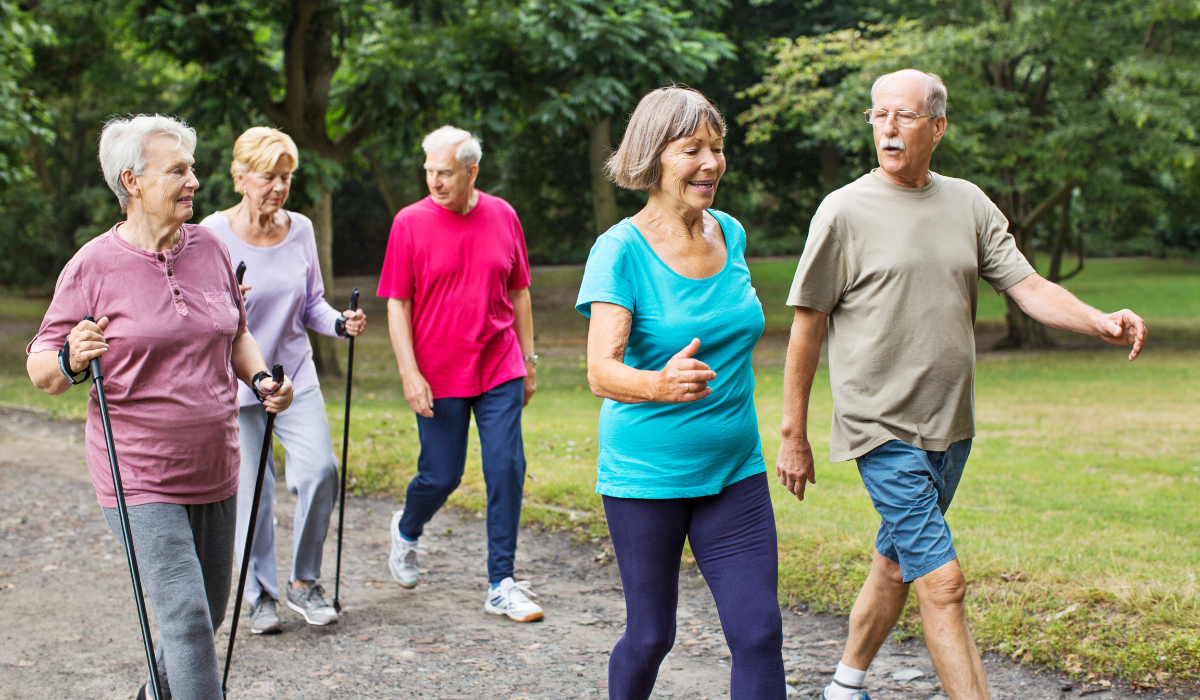Many of us have to deal with some kind of memory problem with age. This might be forgetfulness or more serious problems, such as dementia, affecting the ability to live independently. Fortunately, effective strategies exist for memory care among adults. It helps keep them in a good cognitive state and, overall, in good health. Here are a few practical approaches to consider.
Understanding Memory Loss
Memory loss cannot be measured as the rate of aging; it could be attributed to many factors. There are thousands of reports made by the Alzheimer’s Association that nearly 6.7 million Americans aged 65 and older are living with Alzheimer’s disease, and this figure is expected to increase. Knowing the cause of memory loss will help develop better strategies.
Daily Routines: Creating Structure
One of the best ways to support memory is by establishing a consistent daily routine. Here are a few tips to consider:
Set Regular Meal and Sleep Times: Routine helps the brain learn what to expect at specific times. It enhances the work of the memory.
Use Planners and Reminders: Offer Use of Planners and Reminders to make use of calendars or digital reminders for appointments and important tasks.
Stat: Routine Impact
Many studies have been done to prove that standard routines boost cognitive function. In one study, it was discovered that adults who had a regular daily schedule showed a 20% improvement in memory recall tasks.
Cognitive Stimulation: Keeping the Mind Active
Engaging in mentally stimulating activities can bolster brain health. Here are some strategies:
Puzzles and Games: Puzzles such as crosswords, Sudoku, and memory games can be challenging and stimulate cognitive capacity.
Reading and Writing: Reading books or journal writing should stimulate the mind and express emotions.
Stat: Brain Engagement
A Journal of Neuropsychology study estimated that active people, mentally had 40% odds of developing Alzheimer’s disease.
Physical Activity: Move to Improve

Regular physical exercise is vital for overall health, including brain health. Here’s how to incorporate movement:
Walk Daily: A simple walk every day boosts blood flow to your brain and improves your cognitive functions.
Join Group Classes: Participating in group exercises, including some forms of yoga or tai chi, can foster good physical health as well as social relationships.
Stat: Exercise Benefits
A Journal of Alzheimer’s Disease reported that adults participating in regular physical activity demonstrate a decrease of 30% to 50% in the risk of cognitive decline.
Nutrition: Fueling the Brain
What we eat can significantly impact our memory. Consider these nutritional tips:
Focus on a Balanced Diet: It must contain fruits and vegetables, whole grains, and lean proteins. The Mediterranean diet, with all that omega-3 fatty acid, is excellent for brain health.
Stay Hydrated: A person might become easily distracted or forget things due to dehydration. Encourage drinks throughout the day.
Stat: Diet Impact
According to the research at the Harvard T.H. Chan School of Public Health, a healthy diet can reduce the risk of cognitive decline as low as 25%
Social Connections: Stay Engaged
Social contacts are indeed vital to mental well-being. These techniques might foster social engagement:
Participate in Community Activities: Encourage involvement in neighborhood clubs or volunteer work.
Regular Family Visits: Create regular family visits or video calls to keep those ties of yesteryear alive.
Stat: Social Interaction
According to a study by the National Institute on Aging, older adults who have strong social connections are 50% less likely to experience cognitive decline than socially isolated elders.
Technology for Memory Support
In today’s digital age, technology can play a significant role in supporting memory care:
Apps and Gadgets: Utilize memory aids like reminder applications, calendar alerts, and even smart home devices which can remind one of a particular task to carry out at a certain time.
Telehealth Services: Virtual consultations may also be able to provide more continuous access for patients with memory problems as well.
Stat: Tech Impact
According to the Pew Research Center, 75% of adults aged above 65 use the internet feature through which technology could significantly be explored for the improvement of memory care strategies.
Creative Outlets: Art and Music Therapy
Engaging in creative activities can be beneficial for memory retention and emotional well-being:
Art Therapy: Encourage painting, drawing, or crafting. These activities can stimulate the brain and provide an emotional outlet.
Music Therapy: Listening to or playing music can evoke memories and improve mood, making it an effective tool for memory care.
Stat: Creative Engagement
Research in the Journal of Music Therapy shows that music therapy significantly improves older adults’ cognition who suffer from memory impairments.
Conclusion
Engaging those memory care strategies in daily life helps the quality of life of a person facing memory challenges. Structured routines, cognitive activities, regular exercise, proper nutrition, maintenance of contact with others, use of technology, and exploration of potential creative outlets support cognitive health and culminate in a happy life.
FAQ’s
What are some signs of memory decline?
Common signs include forgetting what one has recently discussed in a conversation, forgetting the names of friends or family members, or trouble in planning and solving problems.
How often should I engage in cognitive activities?
Aim for 20-30 minutes of daily mental activity through activities like puzzles or reading.
Can diet affect memory?
Yes, a healthy diet rich in fruits, vegetables, and omega-3 fatty acids seems to be associated with preserved cognitive function.
Is it normal to forget things as I age?
Some memory loss is normal with aging, but if marked cognitive changes occur, seek evaluation by a provider.






